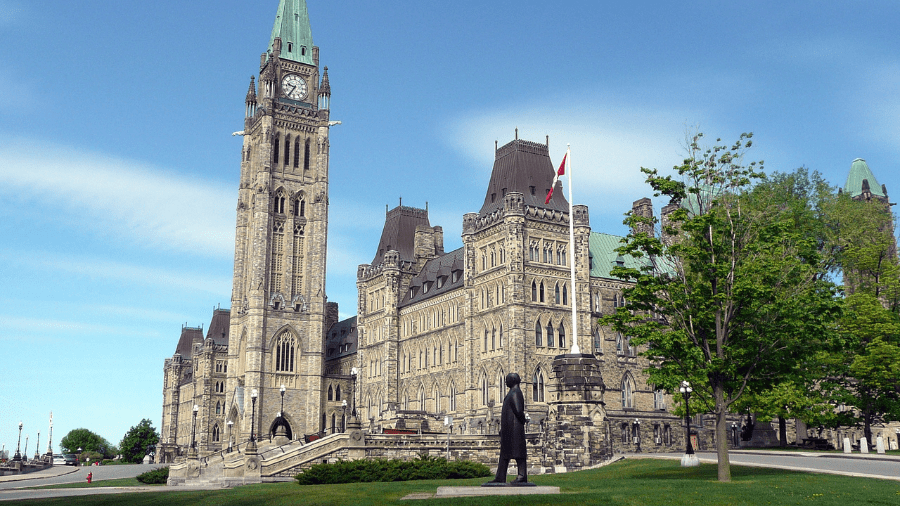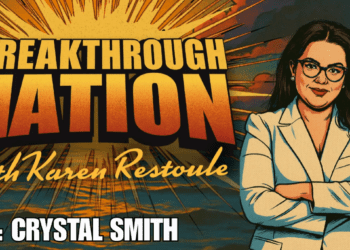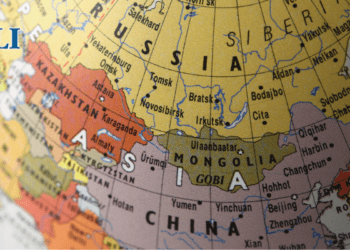This article originally appeared in the Hub.
By Shawn Whatley, September 27, 2022
Many people love to say they are “socially liberal but fiscally conservative.”
“Socially liberal” suggests an affirmation of individual choice in matters of sex, marriage, and life in general. “Fiscally conservative” suggests a preference for limited government and market freedom.
Both statements come from the same philosophy. The first is social liberalism and the second economic liberalism. In other words, “I am socially liberal but fiscally conservative,” is simply liberalism through and through.
What then do we mean by “liberalism”?
Liberalism
Liberal just means freedom. Most people like freedom, at least for themselves. Libertarians make a whole political philosophy out of freedom: for example, Don’t Hurt People and Don’t Take Their Stuff: A Libertarian Manifesto.
Liberalism, on the other hand, means something more. It leverages a set of ideas and institutions that aim to reconcile minority rights with the majoritarian impulses of modern democracy. It utilizes political and judicial processes to, in theory, find accommodation and settlement in a pluralistic society.
Francis Fukuyama is perhaps the most well-known expert on liberalism. At the end of the Cold War, he wrote The End of History and the Last Man.
Fukuyama predicted a future of liberalism without contest or equal. No more socialism, conservatism, or anything else. Nothing but liberalism forever and ever.
Given the lack of competition, Fukuyama did not need to define liberalism against its enemies. Everyone knew what he meant.
Anti-liberalism
Fukuyama’s endless future lasted two decades. The liberal consensus is dead, and liberalism faces attack from all sides.
Patrick Deneen, a political science professor, wrote an unexpected best-seller in 2019 called, Why Liberalism Failed. Even President Barak Obama offered a blurb for the back cover.
In 2020, Ross Douthat, of the New York Times, wrote the best-seller A Decadent Society.
Paul Embrey, a British trade unionist, offered a proletariat attack on liberalism: Despised: Why the Modern Left Loathes the Working Class.
There are loads of books and articles with broadly the same theme. These thinkers and writers may differ on where they think liberalism went wrong and whether it ought to be reformed or replaced but their general point is the same: liberalism is an incomplete answer to individual and collective questions about the meaning and purpose of life.
Fukuyama to the rescue
This spring, Fukuyama published Liberalism and Its Discontents. (You can listen to the episode of Hub Dialogues with Fukuyama about the book).
Fukuyama relies on the philosopher John Gray for a definition of liberalism. Gray said liberalism has four main features: It is individualist, egalitarian, universalist (true for all), and melioristic (progresses towards an easier life).
Gray writes well and attacks everyone. One of his best books is Enlightenment’s Wake, on the origins and failures of liberalism and conservatism.
Gray explains how liberalism is a child of the Enlightenment. The Enlightenment emphasized reason, progress, and universality. Liberalism leveraged Enlightenment ideas and promoted the four ideas mentioned above (individualism, egalitarianism, universalism, and meliorism).
John Gray argues that the Enlightenment had multiple children. Karl Marx used Enlightenment thought but emphasized collectivism, the inevitability of historical progress, and universality.
Liberalism and Marxism are sibling rivals (a paradox to explore another time).
(Lack of) Consensus
In practice, liberalism is a thin philosophy. It leaves most things to individuals and works well when society shares a general consensus about what constitutes virtue and the good life.
A social consensus that undergirds liberalism typically includes broad agreement on the use and limits of things such as honesty, civility, public debate, evidence, and so on. Liberal societies last until people lose awareness of, “You just shouldn’t do that.”
Both woke activists and reactionary populists have abandoned social consensus. The big questions are up for debate again.
Why tell the truth?
Why listen to divergent opinion?
Why not punch someone in the face, if you think they are evil?
What’s wrong with doxxing someone to help our side?
Why shouldn’t we aim to “own the Libs” or cancel the Right?
Thin philosophies do not answer these questions. They offer little content, as a point of principle. Liberalism, to put it differently, answers “how” questions about the process of living together but doesn’t seek to answer “why” questions about meaning or purpose for individuals or the society as a whole.
Internal conflicts
Hegel said every civilization contains the seeds of its own destruction. Marx believed the idea made the collapse of capitalism inevitable.
As per Hegel, liberalism seems to contain the seeds of its own destruction. For example, freedom and equality cannot exist together without one trying to consume the other.
Or consider universality. Liberalism makes people think they can simply remove an illiberal regime and replace it with a liberal one in any culture or society around the world.
If liberalism is true for us, it should also be true for Iraq and Afghanistan. We just kill Hussein and bin Laden, set up elections, and then watch 1000 flowers bloom. (Note how liberalism innervates all Western political parties.)
A thin philosophy cannot build a society from scratch. It assumes too much, promises even more, and delivers it all too slowly, if at all.
How liberalism fails
Liberalism works when it rests on a robust network of vibrant social institutions: voluntary associations, educational networks, families of all sorts, faith groups, cultural associations, and more.
However, liberalism remains silent on institutions themselves. Liberalism can steer a thriving civilization in the same way a child can steer a car on a clear day with a dry road. But liberalism cannot arrest decline or reverse decay any better than a toddler can correct oversteer in slush.
What’s worse, liberalism animates the destruction of the very institutions it needs to survive. It calls for emancipation from anything which might infringe on individual freedom.
Think of all the expectations in being part of a profession. Or consider all the involuntary obligations associated with having parents or siblings.
Liberalism finds involuntary obligations guilty until proven irrelevant by a new welfare program or medical therapy.
What comes next?
We cannot turn back time. Current struggles could last decades as we search for answers.
Why care about individuals?
Does society make individuals or do individuals make society?
Is equality an absolute or relative good?
What do we mean by progress?
Does reason have limits?
Can we ever be truly rational or are we tragically tied to sentiment, habit, and prejudice?
Asking big questions is itself a conservative endeavour. Philosophical conservatism wrestles endlessly with them.
Of course, many self-described liberals grapple with these questions too. However, the endless digging for answers, which most people do not need, makes these “liberals” philosophically conservative. They feel unwelcome in the unquestioning masses of the modern liberal Left.
Embrace your label
The outcome of rehashing big questions is unknown. We might see another 70 years like the Soviet era. Or maybe a second industrial revolution, this time rooted in electrification. Or perhaps a reactionary revolt will inspire us all to plant gardens, raise chickens, and study Cicero (my wish).
We cannot dispatch liberalism and conservatism in one post. But hopefully, we have slain the sorry nonsense about being socially liberal and fiscally conservative. Just call yourself a liberal through and through.
Shawn Whatley is a practicing physician, the author of When Politics Comes Before Patients — Why and How Canadian Medicare is Failing, and a Munk Senior Fellow with the Macdonald-Laurier Institute. He is also a past president of the Ontario Medical Association.






